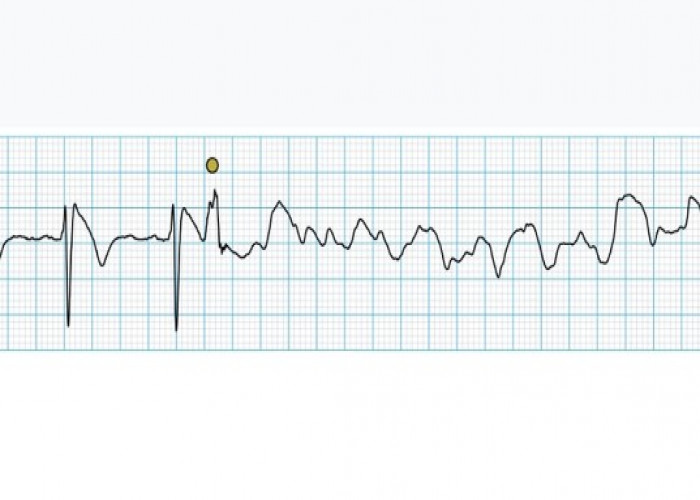 Welcome
Welcome
“May all be happy, may all be healed, may all be at peace and may no one ever suffer."
Brugada syndrome

Brugada syndrome is a rare genetic disorder that affects the heart's electrical system, which can lead to abnormal heart rhythms and potentially life-threatening arrhythmias. It is typically inherited in an autosomal dominant pattern and most commonly affects men over the age of 30. Symptoms can include fainting, sudden cardiac arrest, and irregular heartbeats. Treatment options may include medication or an implantable cardioverter defibrillator (ICD) to prevent arrhythmias or shock the heart back into a normal rhythm if necessary. It is important for individuals with Brugada syndrome to work closely with a healthcare provider who specializes in this condition and take steps to avoid triggers that can induce arrhythmias.
Research Papers
Disease Signs and Symptoms
- Dizziness (vertigo)
- Fainting (syncope)
- Irregular heartbeats (arrhythmia)
- Seizures
- Heart disease
Disease Causes
Brugada syndrome
Brugada syndrome is a heart rhythm disorder. Each beat of your heart is triggered by an electrical impulse generated by special cells in the right upper chamber of your heart. Tiny pores, called channels, on each of these cells direct this electrical activity, which makes your heart beat.
In Brugada syndrome, a defect in these channels causes your heart to beat abnormally fast, creating a dangerous heart rhythm (ventricular fibrillation).
As a result, your heart doesn't pump enough blood to the rest of your body. You can faint if the abnormal rhythm lasts for a short time. Sudden cardiac death can occur if the abnormal heart beat doesn't stop.
Brugada syndrome may be caused by:
- Structural abnormality in your heart, which may be hard to detect
- An imbalance in chemicals that help send electrical signals through your body (electrolytes)
- Use of certain prescription medications or cocaine
Disease Prevents
Brugada syndrome
If someone in your family has Brugada syndrome, genetic testing can be done to determine if you have, or are at risk of, the condition.
Disease Treatments
Brugada syndrome treatment depends on your risk of a serious abnormal heartbeat.
You're considered at high risk if you have:
- A personal history of serious heart rhythm problems
- Fainting spells
- Survived sudden cardiac arrest
If you don't have any symptoms, you may not need any specific treatment because your risk is likely low. However, your doctor will recommend the following steps to reduce your chances of an abnormal heart rhythm.
- Treat a fever aggressively. Fever is a known trigger of abnormal heartbeats in people with Brugada syndrome, so use fever-reducing medications at the first sign of a fever.
- Avoiding drugs that may trigger an abnormal heart rhythm. Many drugs can increase the risk of an irregular heartbeat, including certain heart medications and antidepressants. Too much alcohol can also increase your risk. Always tell your doctor about the medications you take, including drugs and supplements bought without a prescription.
- Avoiding playing competitive sports. If you're at high risk of a serious irregular heart rhythm, your doctor may tell you not to play competitive sports.
Surgery or other procedures
If you've had cardiac arrest or a worrisome fainting episode, the main treatment is an implantable cardioverter-defibrillator (ICD).
- Implantable cardioverter-defibrillator (ICD). This small, battery-operated device is placed in your chest to continuously monitor your heart rhythm and delivers electrical shocks when needed to control abnormal heartbeats. ICD placement usually requires an overnight hospital stay. ICDs may cause unnecessary shocks when they're not needed, so it's important to discuss the benefits and risks with your doctor.
- Drug therapy. Sometimes, medications such as quinidine are used to prevent a potentially dangerous heart rhythm. This drug may be given along with an ICD.
- Catheter ablation. If an ICD doesn't effectively and safely control your Brugada syndrome symptoms, a procedure called radiofrequency catheter ablation may be an option. A long, flexible tube (catheter) is inserted through a blood vessel and threaded to your heart. The catheter delivers high energy that scars or destroys the heart tissue responsible for the abnormal heart rhythm.
If you have Brugada syndrome, it's important to schedule regular visits with your doctor to make sure you're properly managing your heart condition. Regular checkups can help your doctor decide if you need to change your treatment and may help catch any new problems early.
Disease Diagnoses
Disease Allopathic Generics
Disease Ayurvedic Generics
Disease Homeopathic Generics
Disease yoga
Brugada syndrome and Learn More about Diseases

Swollen lymph nodes

Osteomyelitis
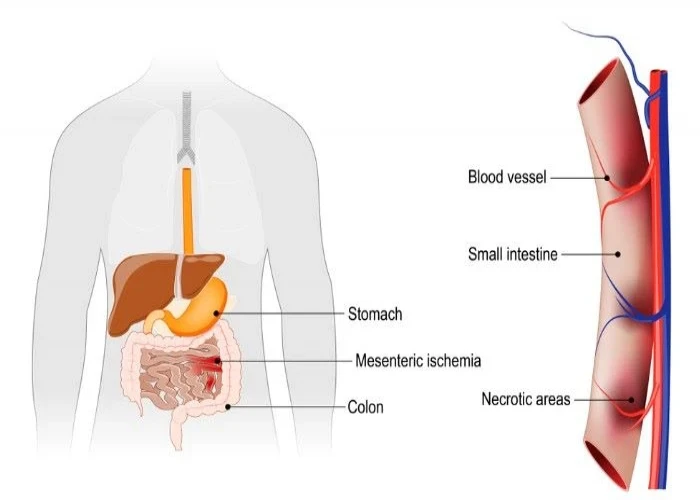
Mesenteric ischemia

Autism spectrum disorder

Lead poisoning
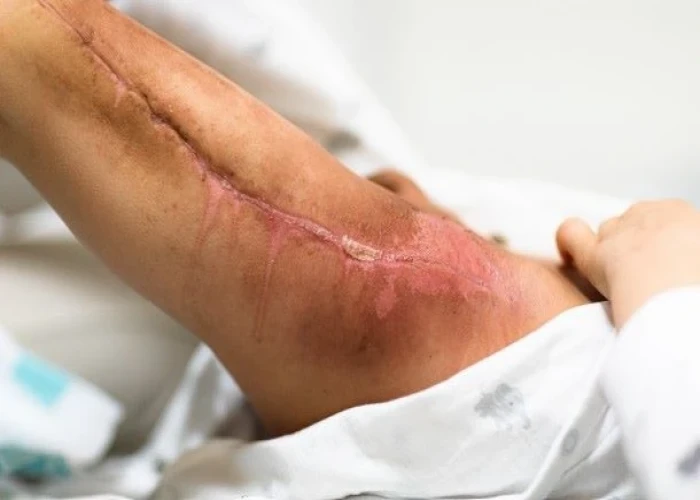
Rhabdomyosarcoma
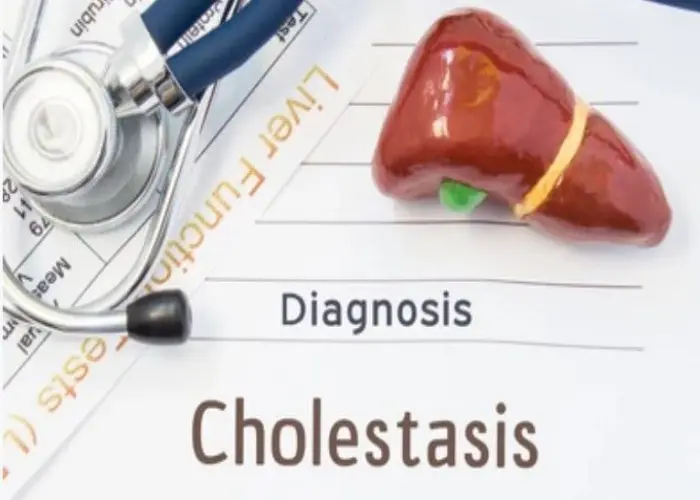
Cholestasis of pregnancy
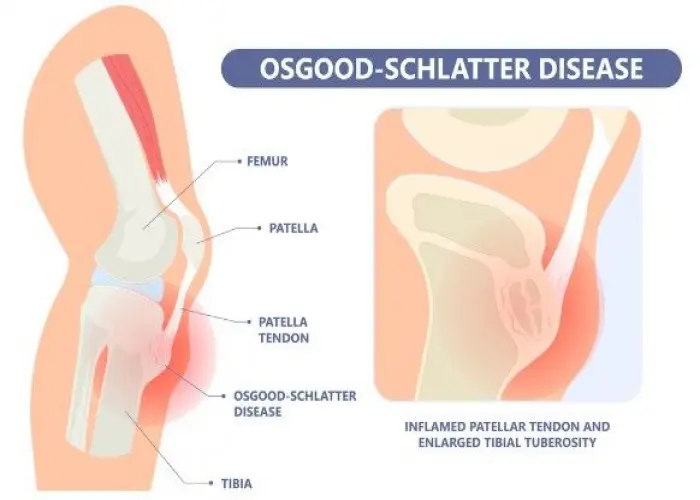
Growth plate fractures
Brugada syndrome, ব্রুগাডা সিনড্রোম
To be happy, beautiful, healthy, wealthy, hale and long-lived stay with DM3S.
